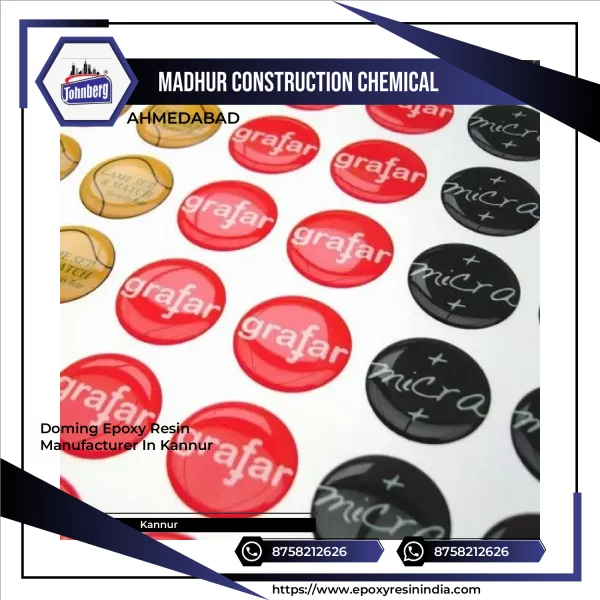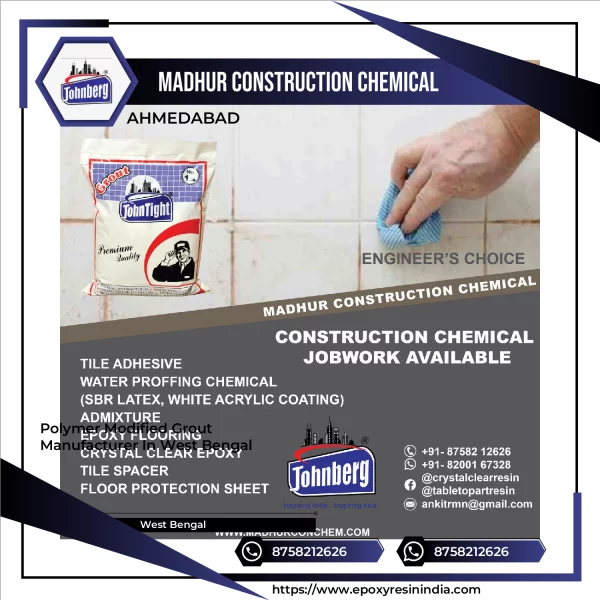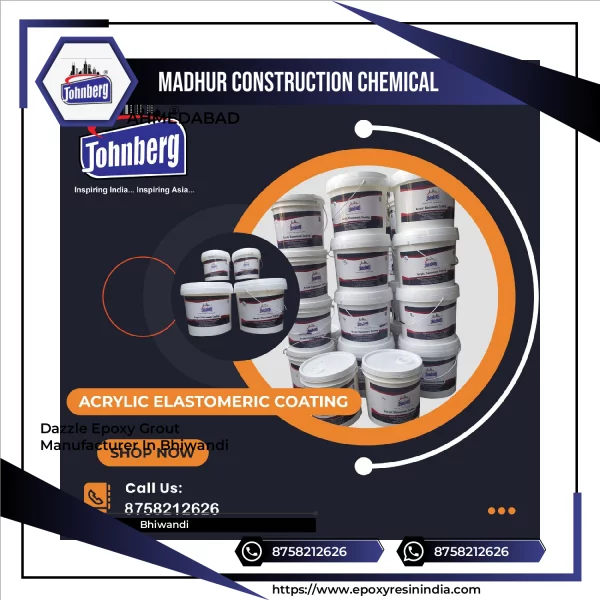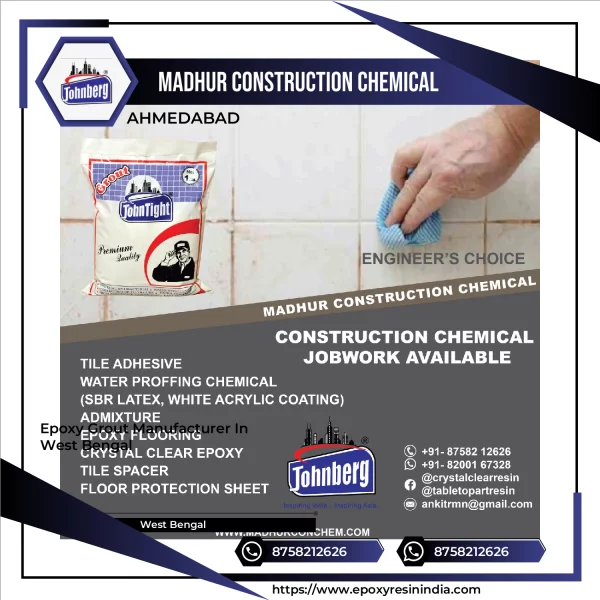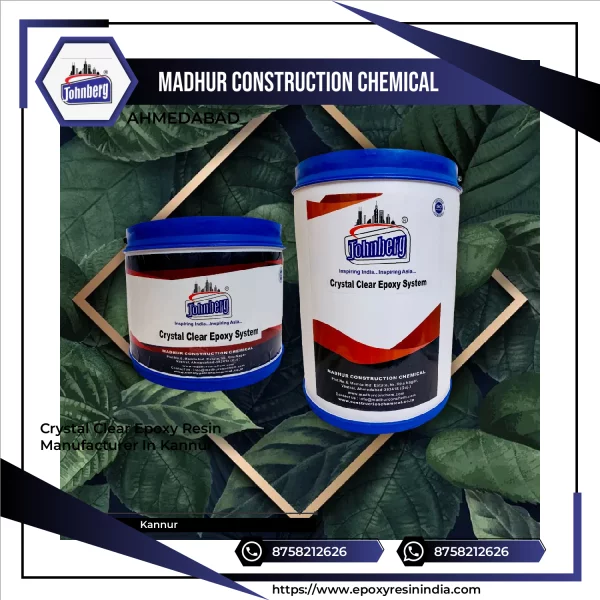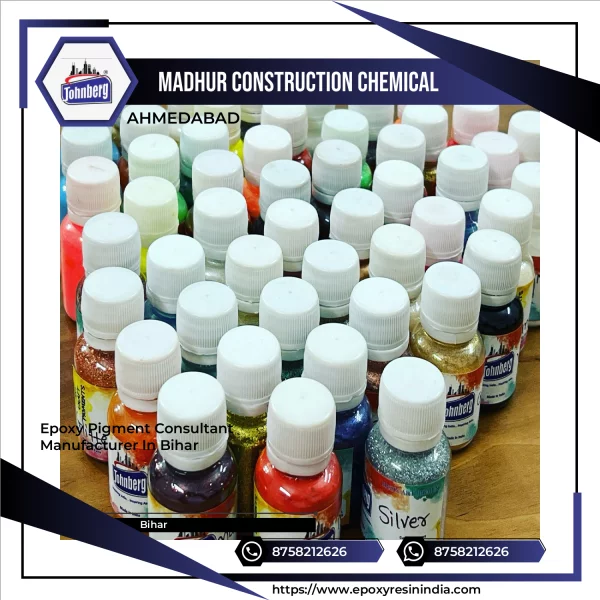- Home
- About Us
- Products
- Resin Furniture
- 3D Epoxy Flooring Service
- Resin Table Top
- Wooden Epoxy Resin Table Top
- Metallic Epoxy Flooring Service
- Conception Chemical Consultants
- Chemical Consultancy For Construction
- Construction Chemical Consultant
- Tile Grout
- Foundation Grout Consultant
- Paver Block Chemical Consultant
- Waterproofing Chemical Consultant
- Epoxy Pigment Consultant
- Heat Reflective Coating
- Water Repellent Coating
- Epoxy Grout
- Chemical Consultant
- Industrial Chemical
- Construction Chemical
- Epoxy Resin
- Epoxy Coating
- Polyester Resin
- Joint Sealants
- Cristal Clear Epoxy Resin And Hardner
- Construction Chemicals
- Polycarboxylate Ether And Liquid
- Solvent Cement
- Tile Protection Sheet
- Water Reducing Superplasticizer
- Epoxy Resin And Hardeners
- Two Component Waterproof Coating
- Epoxy Floor Coatings
- Casting Resin
- Sbr Latex Polymer
- Epoxy Grout Formulations
- Epoxy Resin Tabletops
- Tile Spacers
- Tile Levelling Spacers
- Industrial Night Vision Epoxy Grout
- Sbr Latex
- Johnberg Marble Polishing Liquid
- Acrylic Elastomeric Coating
- Weber Tile Adhesives
- Decorative Arts
- Resinic Crafts
- PU Flexible Tile Adhesive
- Resin Pressed Flowers
- Dry Pressed Flower
- Epoxy Putty
- Resin Furniture
- Services
- Updates
- Gallery
- Contact Us
Updates
Doming Epoxy Resin Manufacturer In Kannur
Doming epoxy resin is a clear self leveling resin used to create a smooth glossy raised surface on items such as stickers labels badges and artwork. It flows evenly over flat surfaces forming a thick glass like dome that enhances color depth and provides a professional finish. Once cured it becomes hard durable and resistant to water dust and mild chemicals making it ideal for decorative and protective applications. Doming epoxy resin is commonly ... Continue
Polymer Modified Grout Manufacturer In West Bengal
Polymer modified grout is a cement based grout enhanced with polymer additives to improve its performance and durability. The polymers increase adhesion strength flexibility and resistance to cracking making the grout more reliable than conventional cement grout. It has improved water resistance and reduced permeability which helps protect joints from moisture penetration stains and chemical attack. Polymer modified grout also offers better worka ... Continue
Wooden Epoxy Resin Table Top In Ajmer, Rajasthan
This stunning wooden epoxy resin table top combines the natural beauty of wood with a clear epoxy finish for a modern and elegant look. Each handmade wood table features a live edge design that highlights the unique grain patterns and textures of the wood. The resin pour creates a smooth and durable surface, making it both functional and decorative. Perfect as a centerpiece for your home or office, this custom wood furniture piece showcases the a ... Continue
Dazzle Epoxy Grout Manufacturer In Bhiwandi
Dazzle epoxy grout is a premium epoxy grout designed for epoxy grout tiles in both residential and commercial spaces This high strength epoxy grout delivers exceptional performance for professional tile installation grout needs It works as a waterproof tile grout that protects surfaces from moisture while offering long lasting beauty The stain resistant grout formula makes cleaning easy and keeps floors looking new Ideal as a commercial epoxy gro ... Continue
3D Epoxy Flooring Service Providers In Tamil Nadu
This system uses epoxy resin floor technology combined with decorative epoxy flooring elements to achieve realistic three dimensional designs with a smooth and elegant finish. The self leveling epoxy floor ensures an even application while delivering a high gloss epoxy flooring appearance that enhances the overall look of any space.This seamless epoxy floor system is suitable for both industrial epoxy flooring and residential epoxy floor coatin ... Continue
Crystal Clear Epoxy Resin Manufacturers In Bangalore
We are recognized as a pioneer in producing Crystal Clear Epoxy Resin, renowned for its transparency, strength, and versatility. Perfect for casting, coating, and embedding applications, it offers a flawless, glass-like finish that enhances visual appeal. This resin provides excellent durability, chemical resistance, and dimensional stability, ensuring projects remain pristine over time. Designed for easy handling and bubble-free application, it ... Continue
Marble Grade Resin Suppliers In Kolkata
As a top player in the resin industry, we proudly create Marble Grade Resin, which truly sets the bar for elegance and durability. This resin is expertly crafted for both artistic and industrial uses, providing outstanding adhesion and a smooth, high-gloss finish. Thanks to its chemical stability, it promises long-lasting performance, whether it's being used for countertops, flooring, or decorative surfaces. Mixing and applying it is a breeze, en ... Continue
Epoxy Grout Manufacturer In West Bengal
Epoxy grout is a type of tile grout made from epoxy resins and a filler powder. It is highly durable, resistant to stains, chemicals, and water, and forms a hard and nonporous surface. Epoxy grout is commonly used in areas that require strong and long-lasting joints such as kitchens, bathrooms, swimming pools, and commercial spaces. It provides excellent adhesion to tiles and does not shrink or crack easily. Unlike cement-based grouts, epoxy grou ... Continue
Crystal Clear Epoxy Resin Manufacturer In Kannur
Epoxy art resin is a clear liquid material that hardens into a glossy solid.It is used by artists to create smooth surfaces deep color effects and durable finishes.The resin is formed by mixing two parts which then react and cure into a strong layer.The result is a bright glass like surface that protects artwork and adds depthAn epoxy resin table top is a smooth and glossy surface created by pouring a clear or colored epoxy resin over a wooden ... Continue
Epoxy Pigment Consultant Manufacturer In Bihar
Epoxy pigment is a coloring additive used to give epoxy resin a solid and even shade.It mixes smoothly into the resin and helps create bright stable and long lasting color.It is often used in art coatings floors and handmade items because it keeps its color well and blends easilyEpoxy metallic pigment is a fine powder used to create a shimmering metal like effect in epoxy coatings It is mixed into clear epoxy resin to produce vibrant flowing co ... Continue
